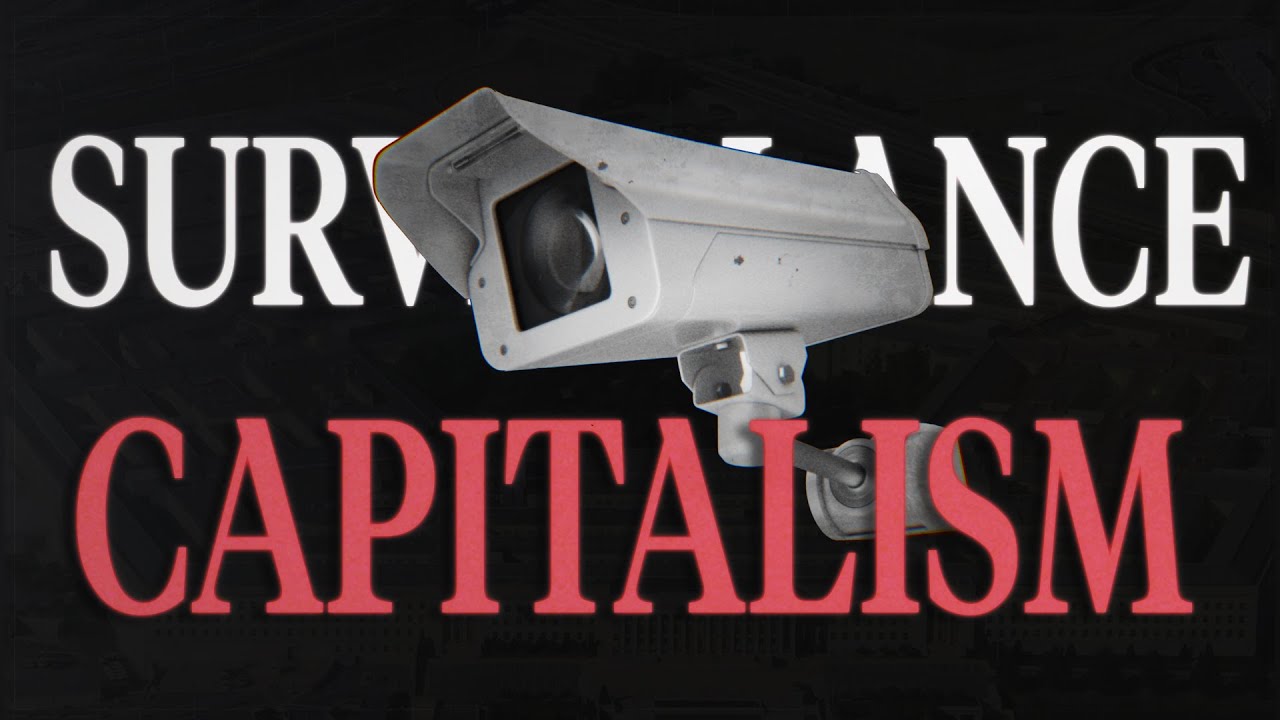- 10 Posts
- 25 Comments

 22·10 months ago
22·10 months ago“evil corporation” is quite the tautology.
I am intrigued to know what is the original message.
I see myself blowing up a pipeline.
Give Vimusic a try!

 1·1 year ago
1·1 year agoI think I have an idea now what the issue is?
The keyboard stops recording after 4 minutes. So now, the trickier part is to explain the correlation between the keyboard and the phone. The abrupt stop of the keyboard’s recorder affects, in a yet inexplicable way, the phone’s camera.

 21·1 year ago
21·1 year agoWere you blasted with radiation which caused a bunch of booleans to flip in all your devices?
I live in Fukushima btw /s.
I don’t want to sound like a conspiracy theorist, but those magnetic waves man, the government is onto something o_O

 1·1 year ago
1·1 year agoIt’s an old Casio keyboard. The phone, a samsung, is not plugged to anything and was recording separately.
I will try recording the exact song later and see if the issue persists.
Not open source but the app is ad free and has zero trackers.

 15·1 year ago
15·1 year agoWeirdly enough, I appreciate the fact you listed them in the alphabetical order.
Exactly, I had to exclude Jerboa from the firewall since many instances started using cloudflare.

 12·1 year ago
12·1 year agoI was in a similar spot and gave up before starting. This is due to several reasons: 1) My circle of relatives and friends, like yours, neglect their privacy and would not engage with me in a serious conversation regarding it; 2) educational institutions, businesses, organisations and even governmental bodies may rely on WhatsApp for communications; and 3) the two big telecom monopolies offer enticing mobile data deals for using WhatsApp.
While I am not saying you should give up, you should go for modest goals (e.g. converting your close family to signal when chatting together) and eliminate optimistic expectations so you don’t get crushed.
100% with Cromite’s built-in ad blocker + adguard filtering
88% with Mull (default ublock settings)

 3·1 year ago
3·1 year agoIt was secondary to challenging big tech corporations and their abuses to the Global South.
Me neither ;)
Thank you for you kind thoughts. Anyhow, I didn’t expect this tradition to persist in lemmy.
I’d go further and declare that the “social contract” is a mythical story that serves to dominate the masses. The constitution is a body of rules set by a constituent assembly (aka a bunch of elites) which the people have no control over.
The neutrality of law enforcing authorities is beyond the scope of this discussion, since the court’s ruling concerns private enterprises.
By your logic, I hear that you actually disagree with the court’s ruling.
It is clear that what the court and private companies intend is to appease and target bigoted demigraphics for purely economic benefits, which the decrease thereof constitutes a “social issue.” We know quite well that in the heart of the European continent, this policy is targeting hijab more so than any other so-called religious symbol. If the authorities genuinely want to prevent “social disputes” they could’ve tackled social inequalities and the discrimination against asylum seekers and refugees, as well as addressing Islamophobia instead of chucking the root problem in the dustbin.
Perhaps liberal Nation-States may not entertain my second argument, but the veil is primarily a cultural element and not a religious symbol. Comparing it to the cross is a bad-faith analogy. The veil in fact predates Islam and was (and is still) present in many civilizations in different forms, including China and India. Its usage was also common in Europe before the 20th century, though now it is pretty much reduced to ceremonials and rituals. Would such a ban on religious symbols include the traditional indian outfits as well?
I am also quite intrigued to know how does a piece of clothing affect the workplace environment. Does removing it automatically imply neutrality? Is this all it takes to deem one “neutral”? And this brings me to ask how exactly does neutrality affect the workplace, should a religious ornament imply otherwise?
And say that veiled women refused to remove their veils, this means that a significant fraction of citizens are subsequently barred from professional and civic activity. How would this marginalization aid the resolution of those “social disputes”?
According to the court, the ban is justified if the employer needs “to present a neutral image towards customers or to prevent social disputes” (emphasis added). Is that a fair justification in your opinion?











The term “social democracy” is very deceiving nowadays since it does not pertain anymore to the roots of the ideology which has changed quite drastically in the last century.
The original premise was that socialism could be achieved through reform and not revolution (hence it parted ways with the Marxist position). That is, the State’s institutions were suitable enough to “eventually” or “some day” lead to a socialist mode of production, and so cooperation with the state and, by extension, the bourgeoisie were incremental for socialism. This is why socdem parties were firm believers that change comes from the parliamentary electoral structure (Esson, 2022). I am not going to argue why this is problematic—Marx and Engels have said enough regarding this.
However, social democracy as we know it in the modern age is vastly different from what it used to be. The ideology in the 70’s has become attached to the Third Way and socdem parties throughout the world gradually adopted neoliberal policies, pressured by electoral competition. And the Scandinavian countries, home of social democracy, are an exemplary case to this. Just compare their parties’ agenda before and after WW2 and you will see what I am talking about.
To refer to “social democracy” as anything less than capitalism would be factually fallacious.